Workbenches That Improve Productivity in Industrial Settings
In industrial environments, workbenches serve as the foundation for efficient and organized operations. The right workbench can significantly enhance productivity by providing a stable, ergonomic, and adaptable workspace tailored to specific tasks and workflows.
One critical factor in choosing a workbench is its durability. Industrial workbenches are typically constructed from heavy-gauge steel frames combined with surfaces made of hardwood, stainless steel, or laminated materials. This ensures they can withstand heavy use, resist impacts, and tolerate chemical or oil exposure common in manufacturing settings.
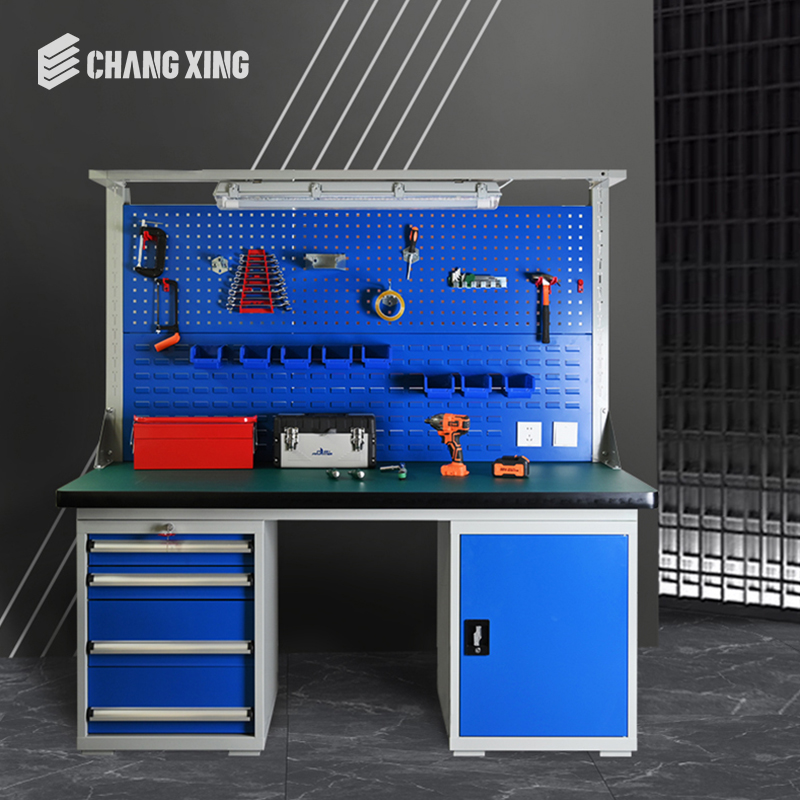
Ergonomics also plays a vital role in productivity. Adjustable height workbenches allow workers to customize their posture, reducing fatigue and the risk of repetitive strain injuries. Features such as anti-fatigue mats, footrests, and rounded edges further contribute to worker comfort during long shifts.
Modularity and customization options enhance workbench utility. Many models offer integrated storage drawers, pegboards, power outlets, and tool holders, enabling workers to keep necessary equipment close at hand. This reduces time wasted searching for tools and minimizes workspace clutter.
Additionally, mobility can be a productivity booster. Workbenches equipped with lockable caster wheels allow teams to reconfigure factory floors quickly in response to changing production needs or maintenance activities, fostering flexibility and continuous workflow.
Lighting is another essential element. Some modern workbenches come with built-in LED lighting systems that improve visibility, particularly for precision tasks such as assembly or quality inspection. Better lighting helps reduce errors and enhances output quality.
Lastly, incorporating smart features such as embedded power strips, USB charging ports, or wireless device holders caters to the increasing use of electronic tools and devices in industrial processes, supporting more seamless integration of technology.
In summary, investing in well-designed industrial workbenches can transform workspaces by combining durability, ergonomics, and flexibility. These improvements directly contribute to faster, safer, and higher-quality production outcomes.
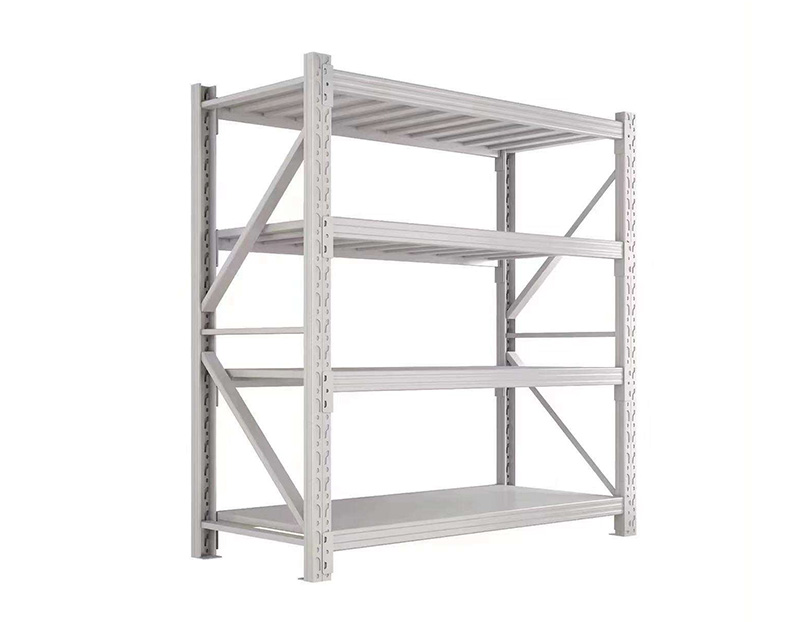 Smart Storage Equipment: Top B
Smart Storage Equipment: Top B
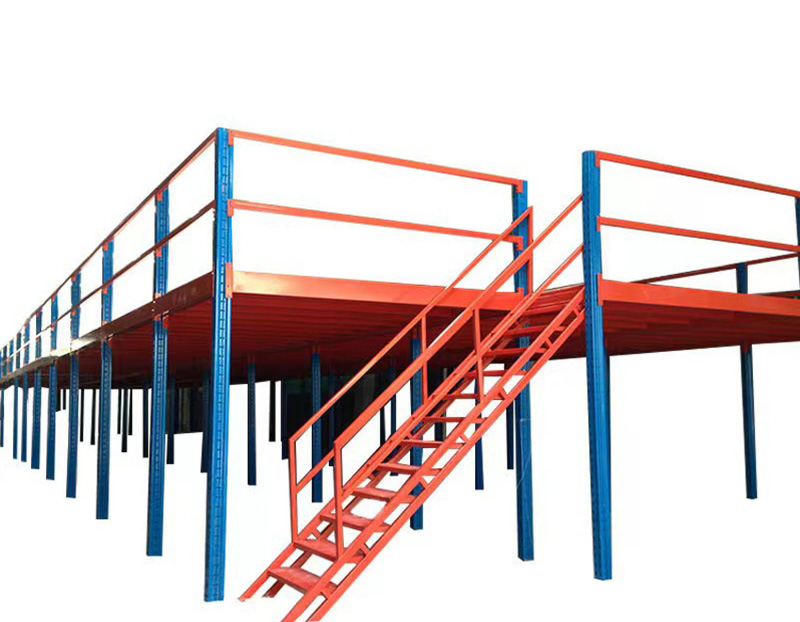 Storage Systems: Design Ideas
Storage Systems: Design Ideas
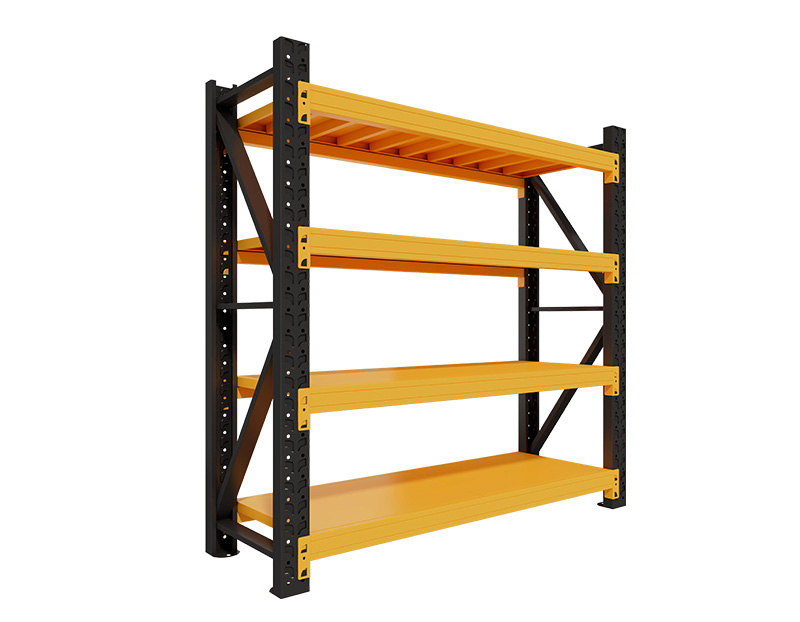 Storage Systems: Best Software
Storage Systems: Best Software
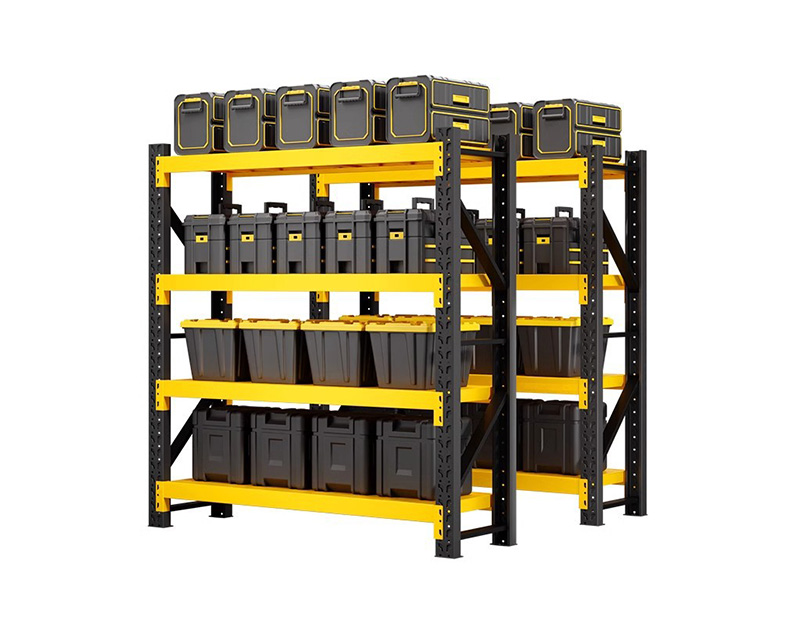 Storage Systems: Maximizing Sp
Storage Systems: Maximizing Sp
